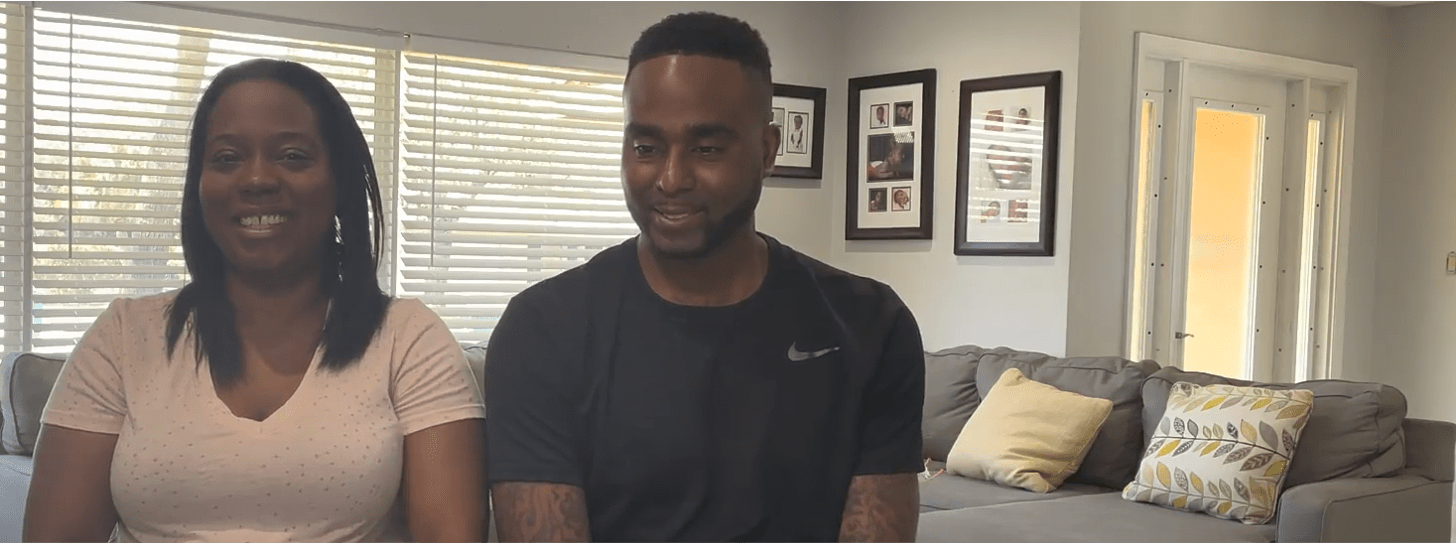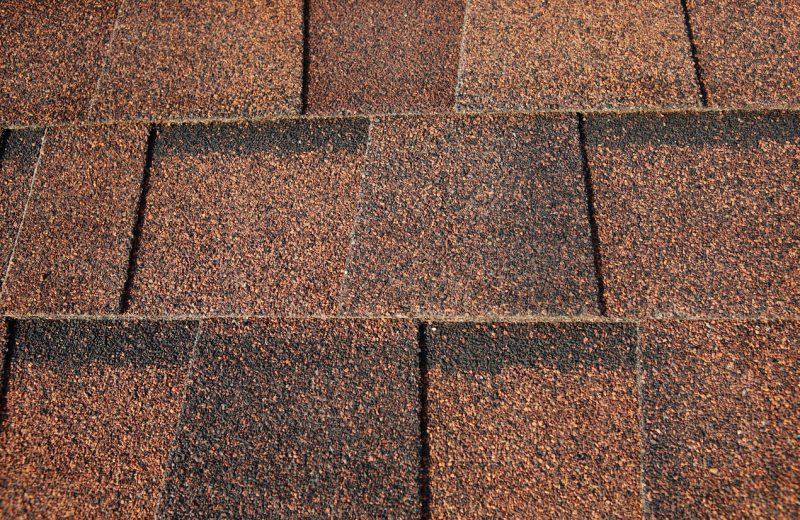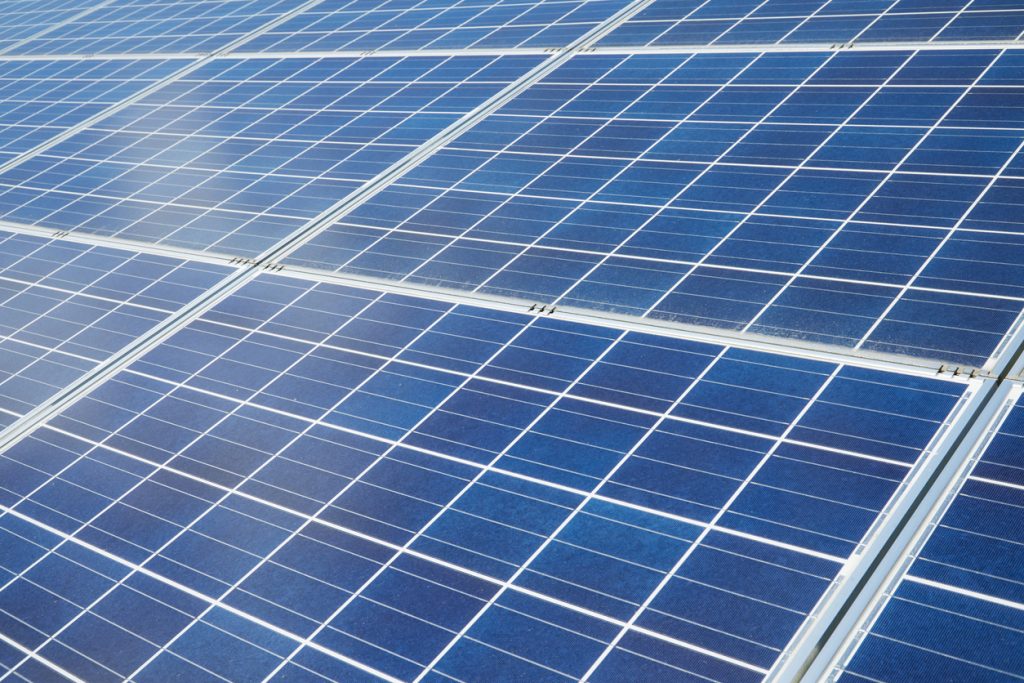
RESIDENTIAL SOLAR FINANCING MADE EASY AND AFFORDABLE
With solar, you’ll actually look forward to monthly bills.
What are your solar financing options?
There are many popular options for financing a solar installation, including solar loans, solar leases, and solar Power Purchase Agreements (PPAs). It is important to find the option that works best for your budget and credit profile. Many financing options have minimum credit score requirements, which makes it difficult to get solar financing with bad credit. Use the table below to compare solar financing options.
PACE Funding |
Home Equity Line of Credit (HELOC) | Credit Card | |
|---|---|---|---|
| Repayment Terms |
Up to 30 Years
|
Up to 30 Years
|
Not Applicable
|
| Rate Structure |
Always Fixed
|
Fixed or Variable
|
Compounding
|
| Approval Time |
Within Minutes
|
Up to a Month or Longer
|
Same Day
|
| Approval Based on Credit Score |
No
|
Yes
|
Yes
|
| Obligation Shows on Credit Report |
No
|
Yes
|
Yes
|
| Lien on the Property |
Yes
|
Yes
|
No
|
| Tax Deductible Interest |
Consult Your Tax Advisor
|
Consult Your Tax Advisor
|
No
|
| Enhanced consumer protections |
Yes
|
No
|
No
|
Financing your solar project through Home Run Financing
Solar financing FAQ
Solar financing is a great way to avoid the high upfront costs of installing solar and still save money on your bills over time. Be sure to look for long repayment terms, and low fixed rates to help keep your repayment costs as low as possible. Contact us today and we can help you understand if PACE is eligible for your home improvement financing needs.
If you choose a solar lease, you don’t actually own your solar panels at the end of the lease. With a lease, you are essentially renting the panels for a predetermined monthly payment. Under a lease, any available solar tax credits will go to the solar leasing company, not the homeowner. Many solar leases require a twenty year agreement and at the end of the lease you may have the options to purchase the panels, extend the lease or have the panels removed.
If you choose to finance your investment through a solar loan or a PACE solar program, you own the panels and you are eligible to receive any available solar tax credits. To learn more, visit the PACE funding page.
While you may see advertisements for “free” solar panels, you should be wary of these claims. Frequently this is simply a marketing tactic for solar leases or solar PPAs. Under both types of arrangements, a company will put solar panels on your roof for no money up-front but will charge you for the electricity that they produce. Most offers will save you money but not all of them, so make sure you’ve thoroughly compared all your options, including financing solar panels through Home Run Financing.
Homes with solar panels are typically easier to sell and there are even studies that have shown that solar can increase the value of your home.




